Click to view our Accessibility Statement or contact us with accessibility-related questions





PRODUCTS YOU MAY LIKE
Trending Posts in Audiophile

RNT47
Until when will the Sennheiser 58X and 6XX will be at discount price?
I'm planning on buying either one on the 18th and i'm worried i'll miss the discounted prices
Dec 16, 2024
MusicLvr
Drop x Campfire Audio Darkstar Review
The Darkstar definitely has a a unique sound that has an audiophile sub-bass bias. It is a balanced sound with open sounding mids and well extended treble. There is no mid-bass bloat thanks to...
Dec 4, 2024
bill.davies
BMR2 discounts for BMR1 owners
How about providing a BMR2 discount for BMR1 owners? Most of the "improvements" in the next gen should really have been there in the first which was a pretty big disappointment for most of us. UPDATE: 40% discount offered. That's great, I'm in. Thank you DROP.
Dec 3, 2024
drPOGI
DROP BMR1 Broken?
Can anyone help me with this? Went away for dinner and came back home to my speakers making this static sound(Video Link). Its like this both in Line In and Bluetooth mode. These speakers were super super hot but I was told that it was normal for it to be this way. Sucks that literally I am just about two months out of the 1 year warranty :/ If anyone can help me that'd be great.
Dec 3, 2024

Goach
I had a good experience with Drop. Thank you Drop.
Impressive warranty service. Real quick. I needed to return my 6xx for a buzzing in the right speaker. I inquired with the manufacturer regarding the two year warranty and was batted around a couple of times before being directed back to Drop. Drop then covered the warranty even though it was a couple of days past the purchase date of the warranty’s terms. I’m not stating you will have the same results. I initiated the claim prior to expiration. I was issued an rma, I returned my unit and had a new unit two weeks later. Thank you Drop. Another happy customer. I’m not a bot. Send me any puzzle and I’ll complete it.
Nov 24, 2024
CaitlinRHicks
Tips for Effective Problem-Solving During Firefighter Written Exams
Effective problem-solving during firefighter written exams requires a blend of preparation, strategy, and critical thinking. These exams typically cover a broad range of topics, including fire behavior, Tips for how become firefighter emergency medical procedures, equipment usage, and safety protocols. Here are several tips to help you approach these exams with confidence and effectiveness: 1. Understand the Exam Format Before diving into the specifics of studying, take time to familiarize yourself with the structure of the exam. Firefighter written exams often consist of multiple-choice questions, true/false statements, and scenario-based questions that test your judgment and application of knowledge. Knowing the format will allow you to pace yourself and manage your time more effectively during the test. 2. Study the Basics Thoroughly Firefighting exams often test foundational knowledge. Ensure you are well-versed in key areas such as fire science, building construction...
Nov 23, 2024
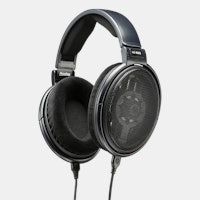
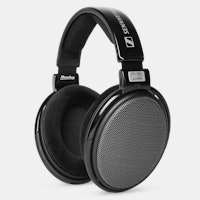
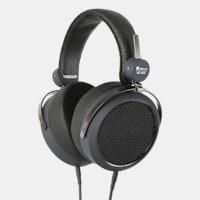
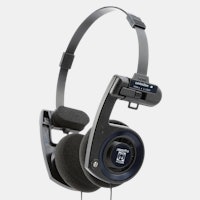

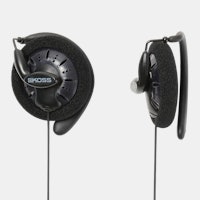

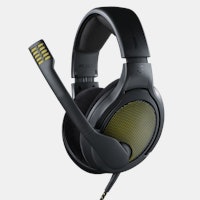
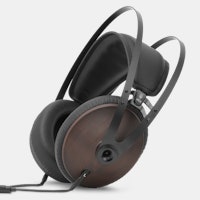
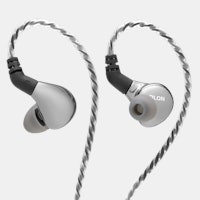



"Therefore, even without hearing the G111 specifically, one can affirm that it sounds exactly the same as the THX 789 for instance." "there is still no audible difference among amplifiers." Categorically false. Even if you had heard these two amplifiers - directly compared, which you haven't - others may be able to discern a difference between them. Also, the DAC, cables, and headphones would affect the audio chain, and hence, the overall resulting sound. "... its a capitalist world we live in, where we need to hinders the truth." "... I can gurantee it sounds the same. Its not ignorance and unsubstantiated claim, its debunking and revealing the truth." What truth? What have you debunked? "Normally, when headphones sounds different due to different amplification its mainly because of power delivery such as providing more current to power hungry planars. Of course, we can also discuss output impedance but thats besides the point." No, it's not. Noise, distortion, and output impedance are all important factors to consider when deciding which amplifier would suit a specific use case... based on one's sonic preference. "But even if subjectivist does not believe in science and how things works, an appropriate methodology and parameter of testing of true a/b testing, must be conduct properly." Regarding the G111 and THX 789, "conduct a/b test and be honest." "... the fact remains that most amplifiers sounds the same, and we have both objective measurement and subjective approach via true a/b to prove it." False. You already admitted that measurement rigs cannot register soundstage size, imaging accuracy, and extracted details of the music being played. Amplifiers from different companies should be expected to sound different, if only slightly in some cases. "Are there threshold measurable specifications that an audio component must reach in order to be objectively classified as 'transparent', 'neutral', or powerful? Yes, the number games." What numbers, exactly? What constitutes "badly designed"? "I have so many multiple amplifiers that sounds the same." I'm curious, which ones? "And lets say, if I do not have subtsantiate proof and proper argument to back up, at the end of the I am able to make claim as part of my opinion as well as free speech." And with that, you have admitted that you did not make your claim based in truth or fact, only assumption, "period". "... I got ban on audio forums because they not willing to admit the truth." From what I gather, you were probably blathering too much, insistent that own staunch point of view was reality, making claims that you couldn't substantiate. Regardless of your personal experiences, you cannot claim as fact that other people don't hear/perceive audio exactly like you. Human ears/brains are not measurement rigs. Indeed, you are "not well verse and technical enough to explain". Typing lots does not mask your ignorance and unsubstantiated claim in the slightest. Some advice for you: Being so closed-minded doesn't benefit you here. It is often necessary to expand one's perspective in order to gain better understanding about a topic. In audio, measurements and expectations do not tell the full story. There's so much more.
https://www.youtube.com/watch?v=smv-s1YtDN8